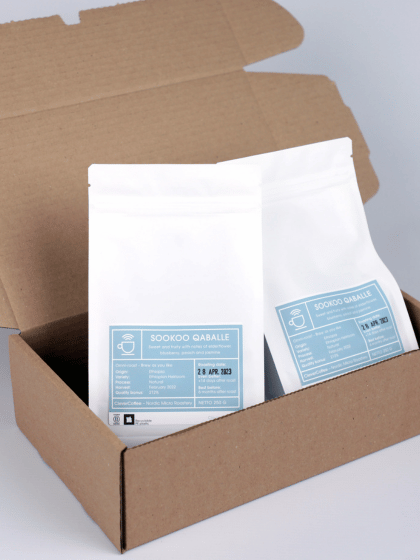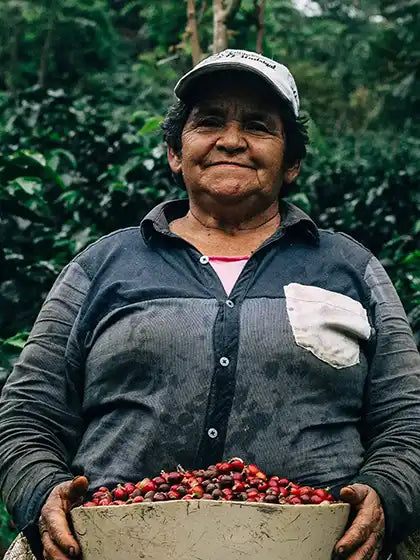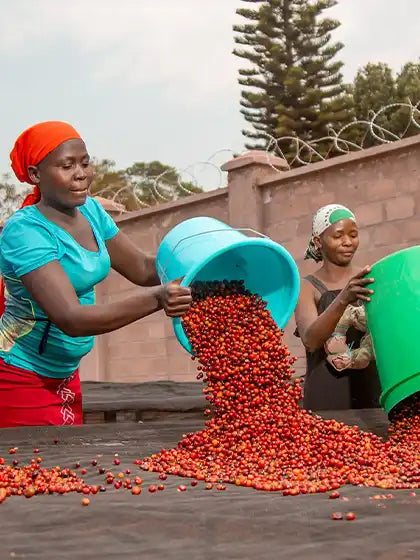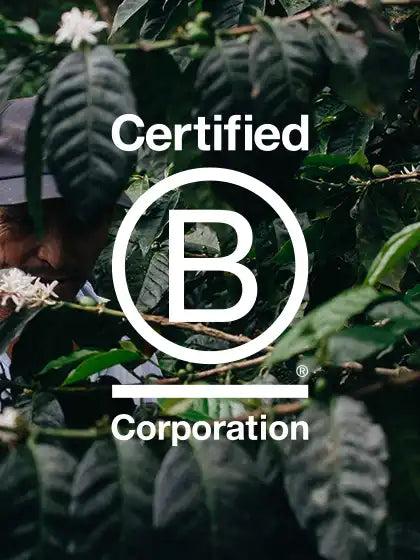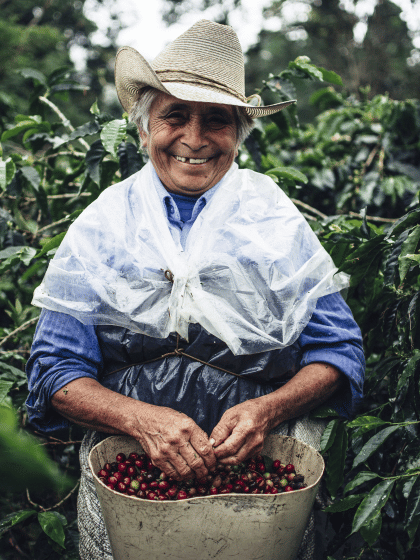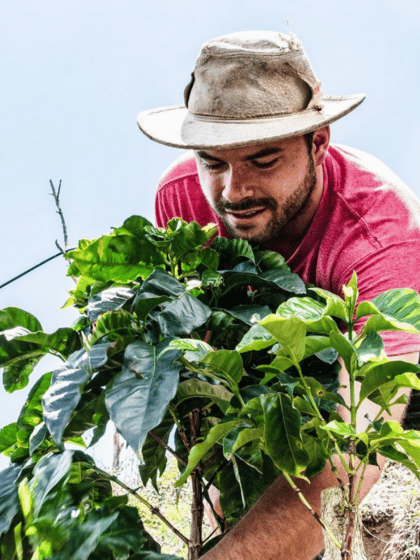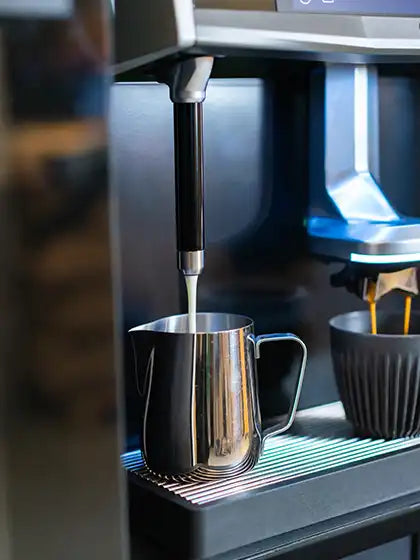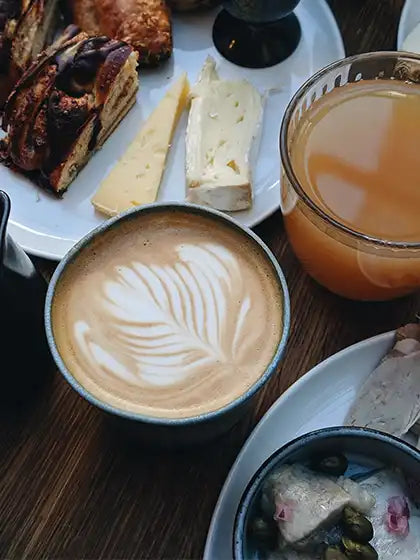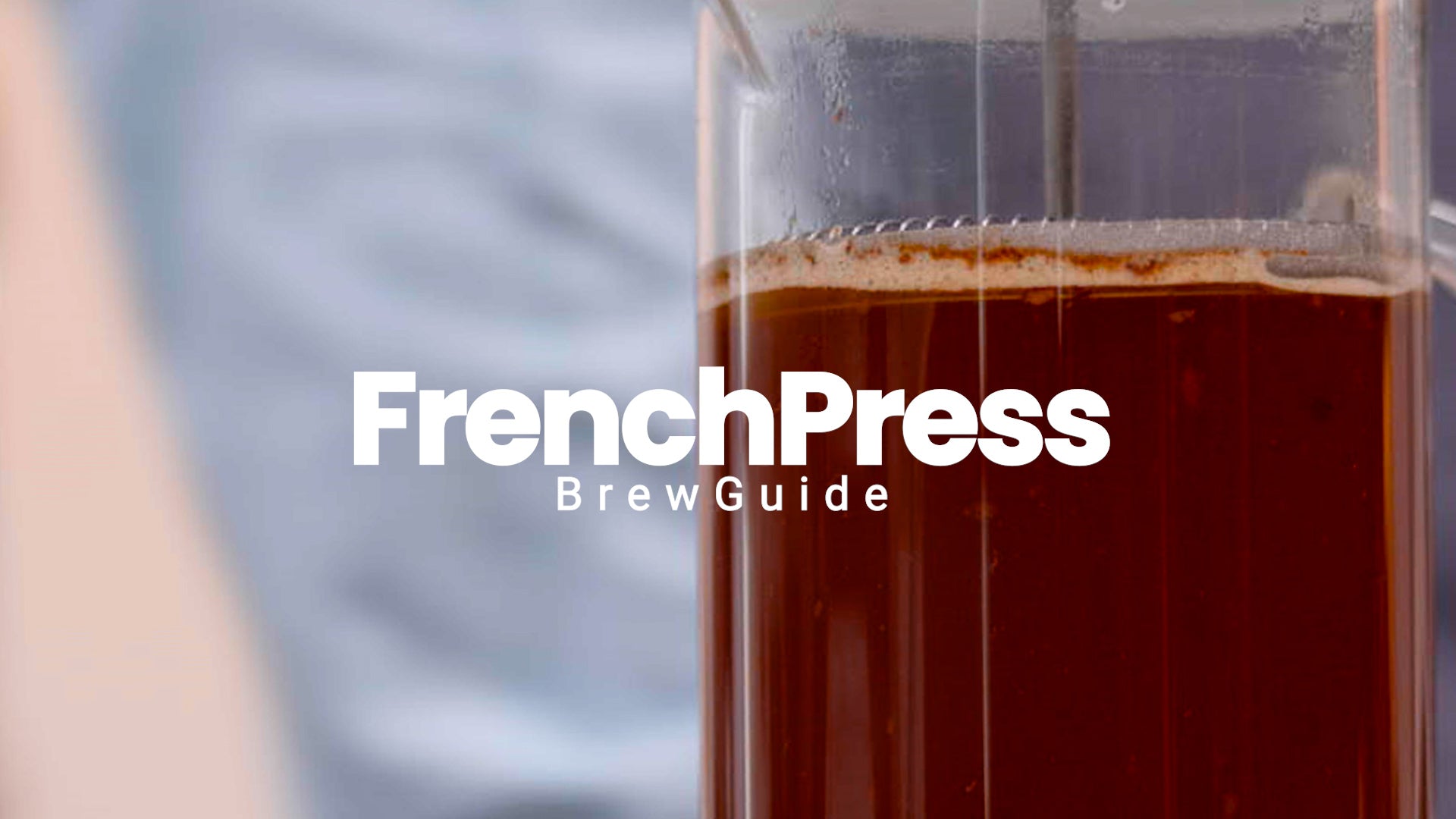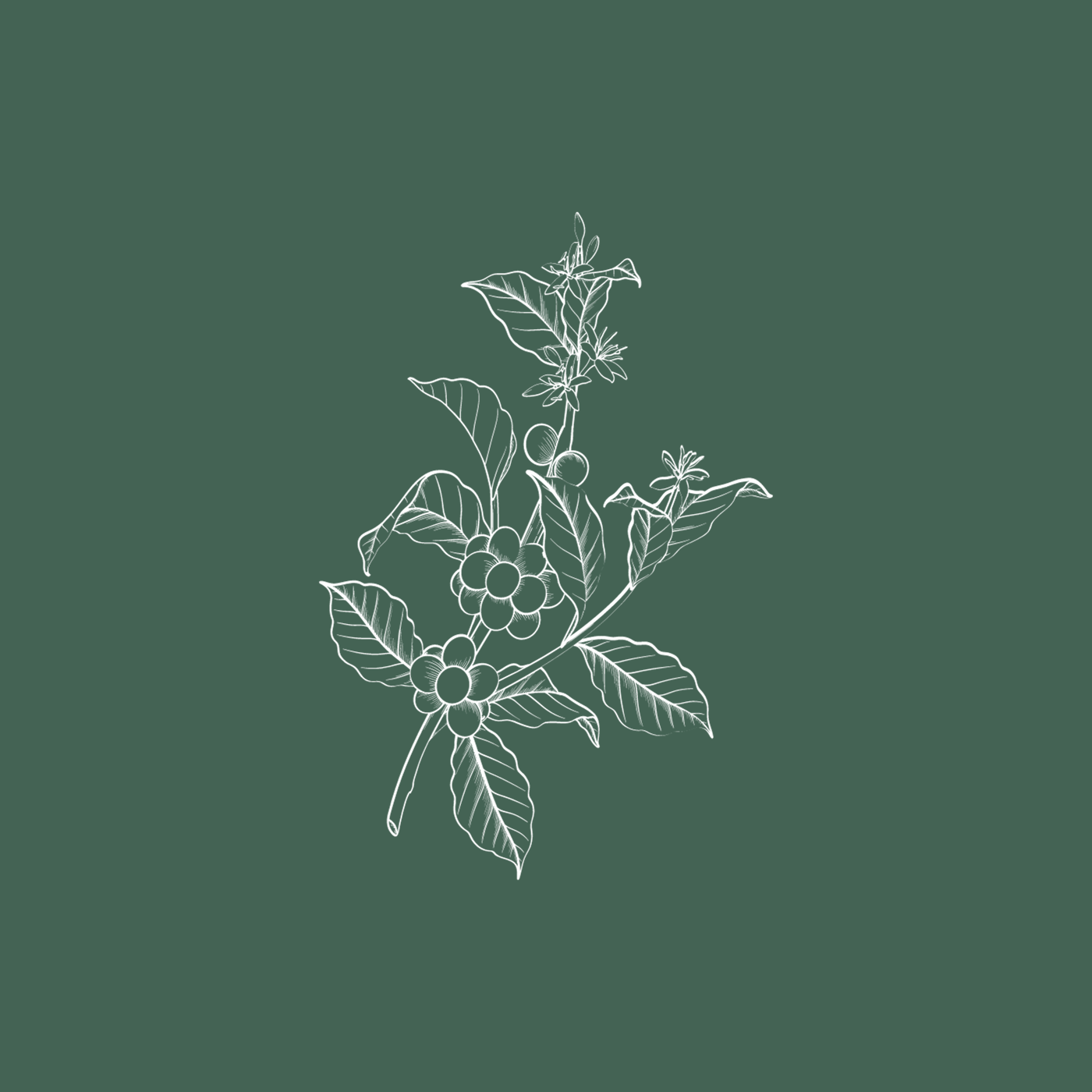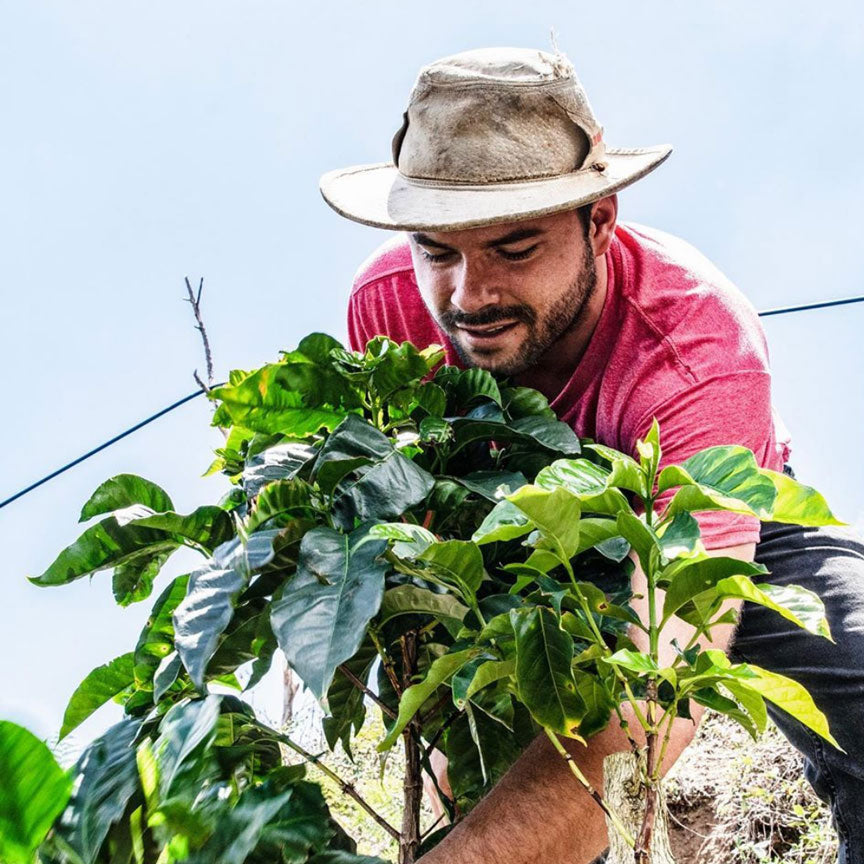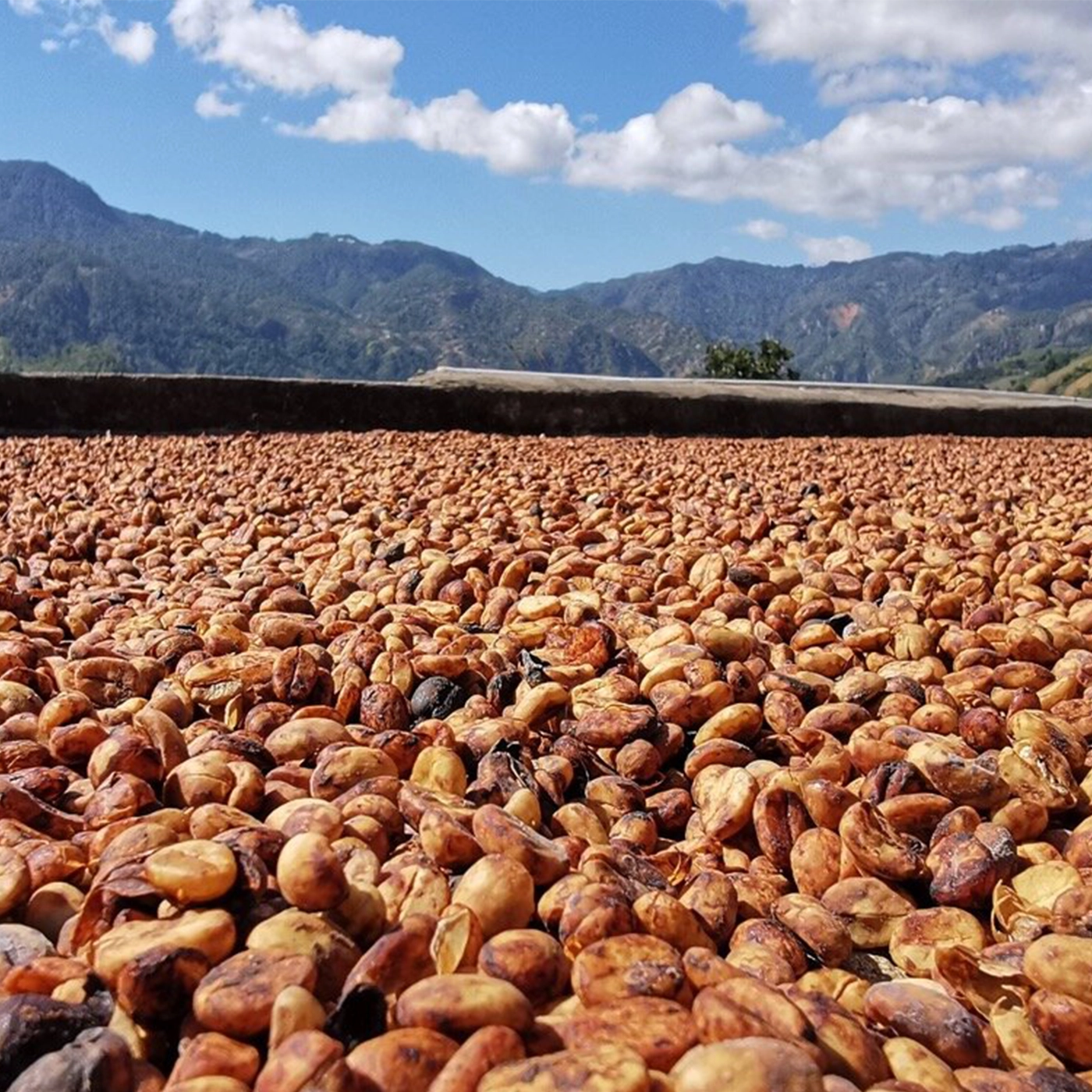
More than 250 coffee farmers
Unity and Diversity
In 2016, the cooperative Cafesmo was formally established. The farms in the cooperative had already been cooperating for several years, and most of them are relatively small; i.e. between 2 and 12 hectares of land. Together, the farmers stand stronger with better security and safety against plant diseases or other challenges for a small coffee farmer.
All the members of the Cafesmo cooperative grow their coffee organically with full certification. Typically, growing organic coffee is associated with greater risks, as the plants are then more exposed to e.g. leaf rust. In this case, it is precisely possible to go the ecological route because they stand together and help each other. In part, they jointly pay for the certification, but they can also help each other with knowledge and financial security, so that no one is alone if a harvest fails.
Diversity is a big part of the cooperative's DNA. This applies to both the coffee varieties, but also to the members. The cooperative has both older and younger, men and women, a microbiologist and a former school teacher.
Coffee from Honduras
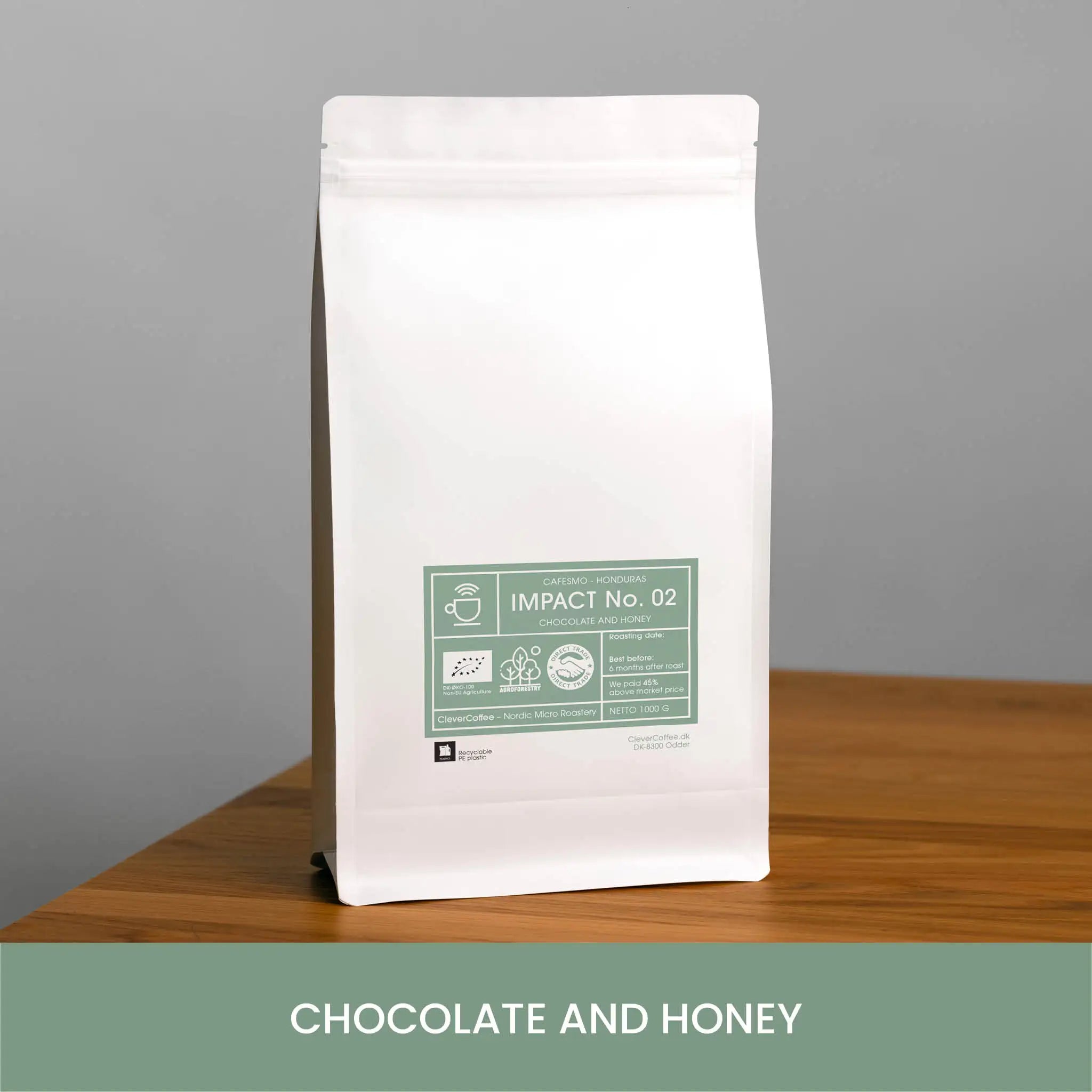
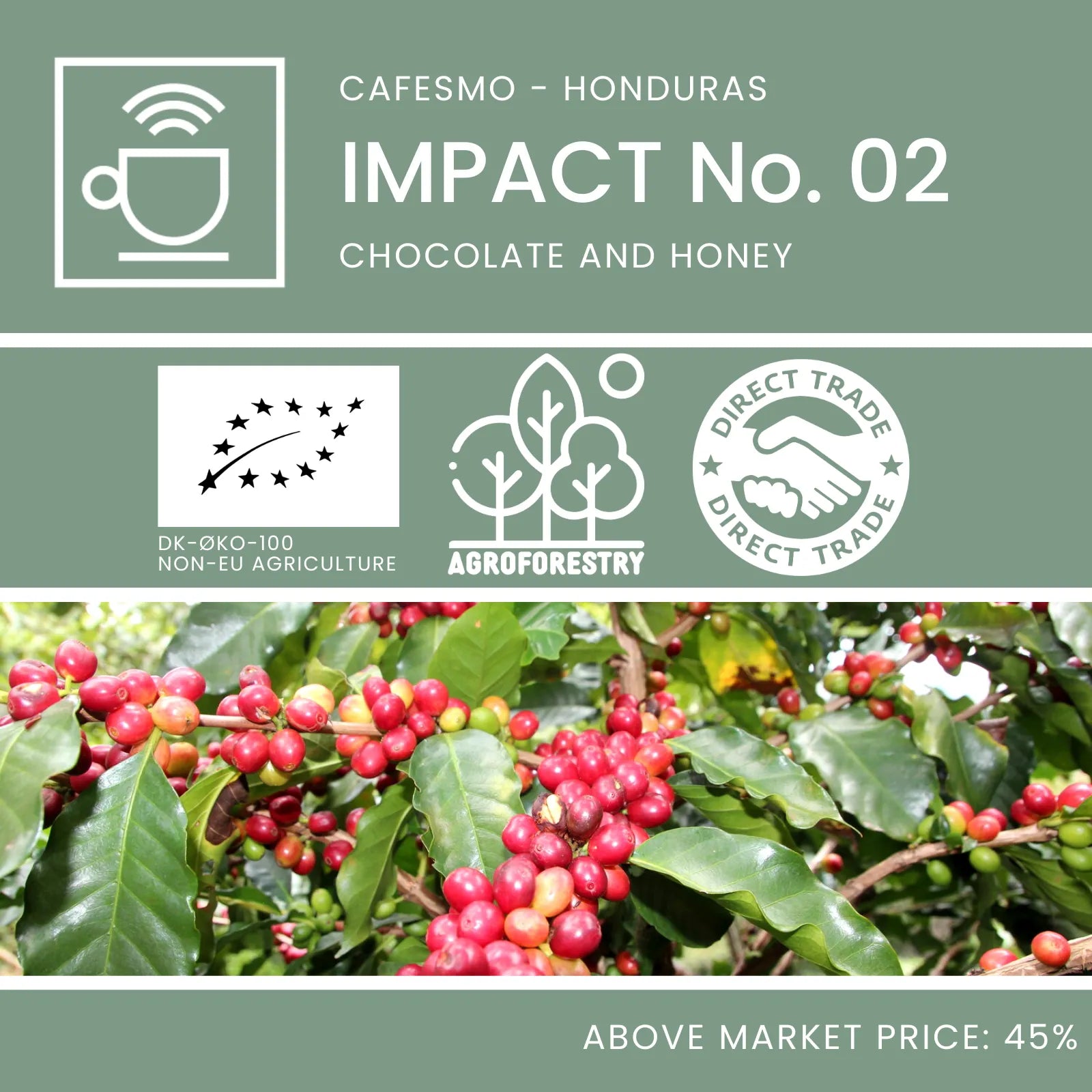
IMPACT No. 02 - Organic coffee from Honduras
Title
Responsible Measures in the Cooperative
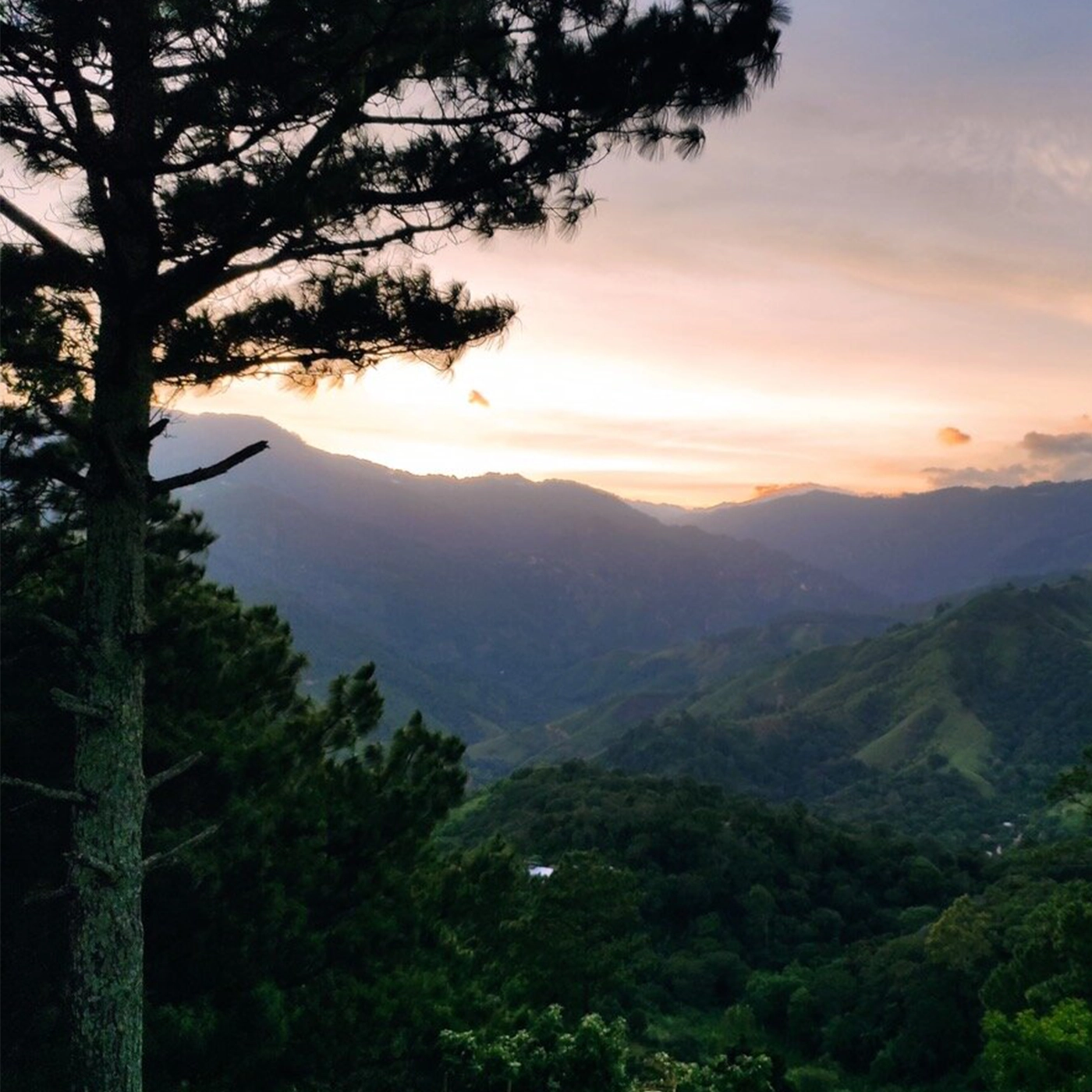
Organic Practices in the Mountains
It is a group of farmers from the Sensenti area who supply our IMPACT No. 02. The people from Sensenti have worked for 3 years to get their organic certification.
Their coffee farms are located deep in the mountains of Honduras. The group is comprised of approx. 40 smaller coffee farmers who together produce various micro-lots. The harvest that we have bought, they have named Los Cipreses because of the many cypress trees around their lots.
Greetings from Cafesmo
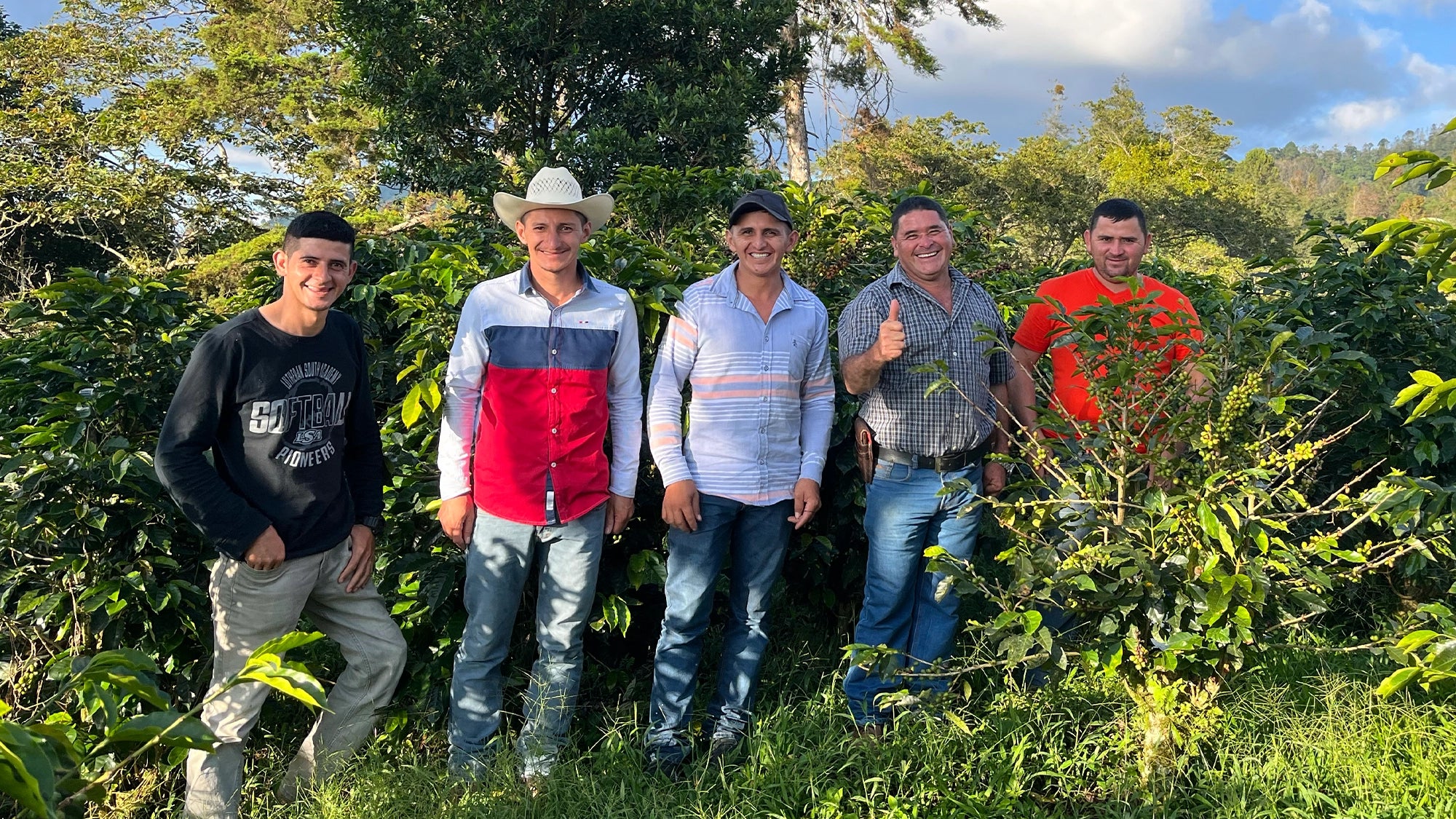
In autumn 2022, we received this video greeting from coffee farmers in Sensenti, who grow our IMPACT No. 02.
They call their little group COCAFEGUAL and live in the remote mountains of Honduras.
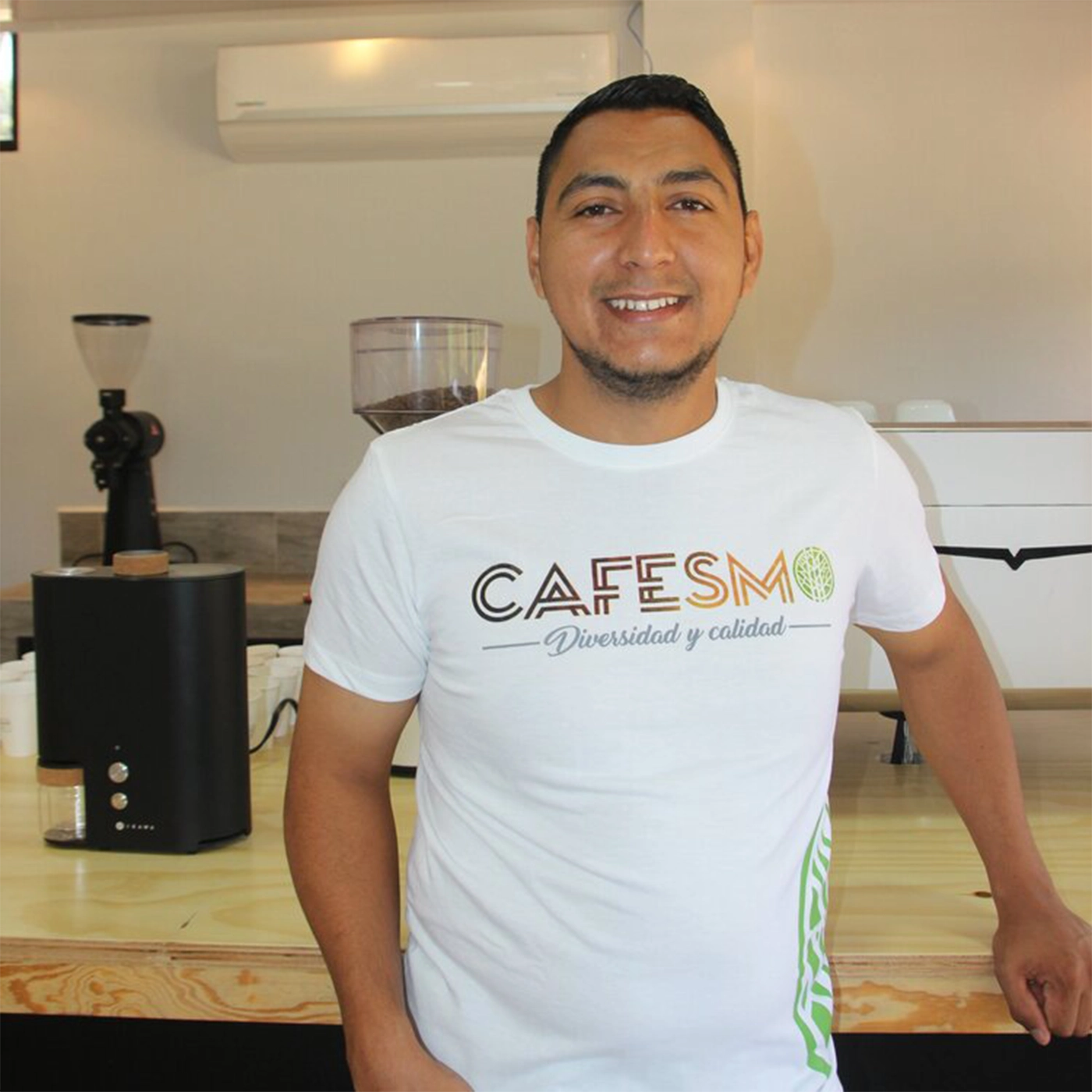
Meet One of the Founders
Hidardo Hernandez was born into the world of coffee. He founded Cafesmo in 2016 together with Carlos Roberto, and the two still make up the management of the cooperative today.
In addition to that, Hidardo owns his own coffee farm of approx. 3.5 hectares with his mother. Here they grow micro-lots and experiment with varieties and processing.
Although pine trees are dominant in the area, they themselves have planted trees such as banana palms and walnut trees to provide shade for the coffee plants.
In connection with the publication of our Transparency Report 2022, we asked Cafesmo to answer 5 questions.
Here you get their answer here, directly from Cafesmo itself:
In 2017, we decided to certify organic for two main reasons:
in combination with the fair trade certification, we can sell our coffee for a guaranteed premium that is often higher than the international market price. This may not sound like a very worthy or laudable reason, but our producer's income is far below a living wage and one of our main responsibilities is to do everything that we can to assure that our members and their families can eat three times a day.
we live where we work and we want to preserve our surroundings. When our country is healthy, we are healthier as well, now, and in the future, for our children.
Sebastian Wiersma, Cafesmo International
Women and young people are chronically underrepresented in coffee farming. However, many men migrate (illegally) to the US to find a job that can feed their families who stay behind in Honduras. Women then become responsible for the family's farm and work very hard to make ends meet. And young people lack opportunities, which makes them want to migrate to the US (or to a lesser degree Canada or Spain) as well.
In Cafesmo 12 of our 16 employees are younger than 30 and 8 of 16 are women, three of whom have high level jobs: our Quality control manager, our Q-grader, and our bookkeeper. We also specifically encourage our roaster partners everywhere in the world to buy coffee from female farmers and from farmers younger than 30 years old.
Sebastian Wiersma, Cafesmo International
Income. The price of production in Honduras hovers around $3.75 to $4.40 per kilo of coffee. However, coffee prices are based on the international stock price for coffee, which most of the time is lower than our cost of production. Hence, people abandon their farms, go hungry, and then migrate to the US in search of a better life.
Sebastian Wiersma, Cafesmo International
In 2022, we started working with a large American NGO (Catholic Relief Services) to help us gain insight into our CO2 footprint, which we think is positive, because we are very active in reforestation.
We are also talking to a Dutch initiative that buys CO2 credits for the EU and our goal is to start selling our CO2 surplus to generate some additional income. This motivates us to become even more active in reforestation.
Sebastian Wiersma, Cafesmo International
You're one of the best, most reliable partners we can wish for. You are determined to pay a fair price for our coffees and we know that it is not easy for you to sell at a premium price in Denmark. You are also very aware of the challenges that we face in countries of origin, and you actively participate in making it possible for us to overcome those challenges. Please just keep going, glowing and growing.

